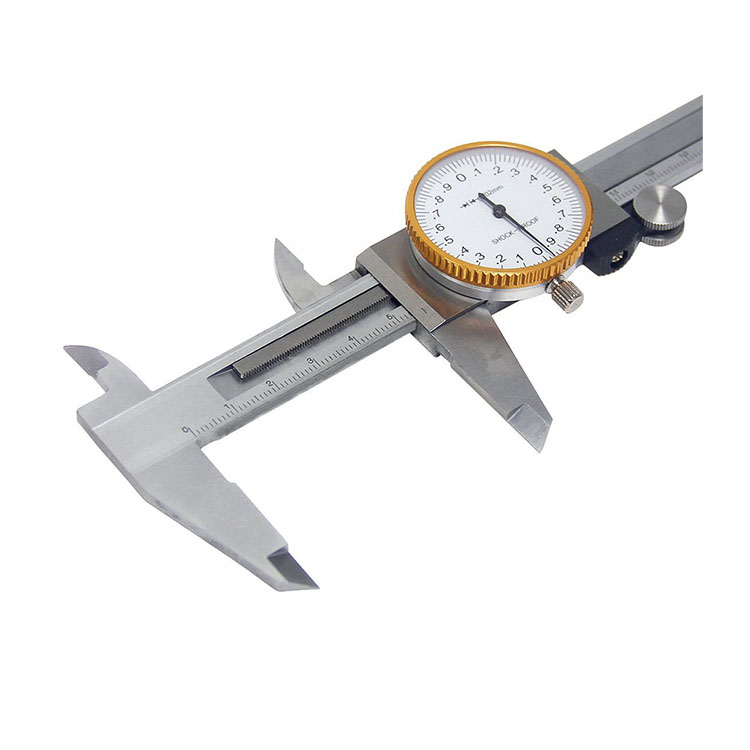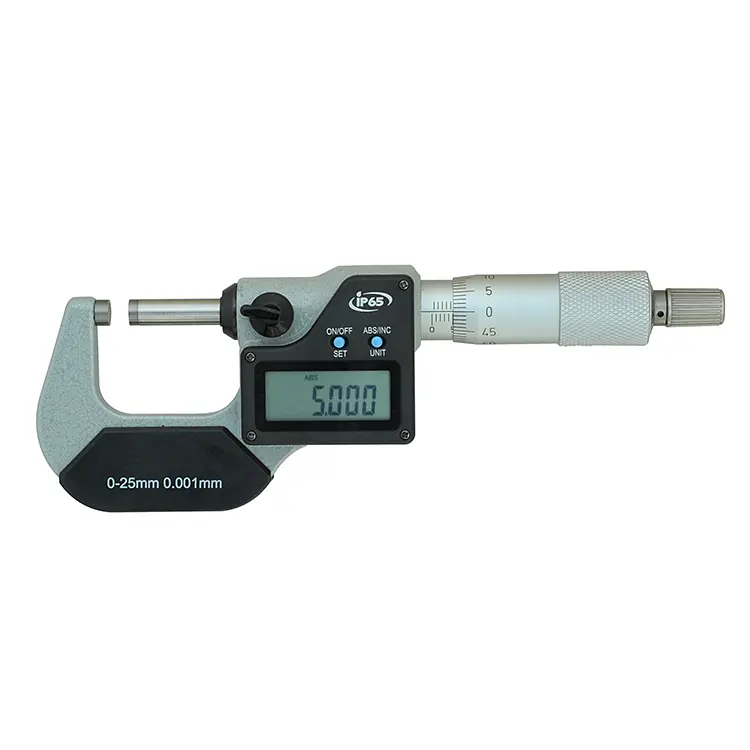thread milling insert Factory
Finding the right thread milling insert factory is crucial for achieving accurate and efficient threading operations. This guide explores the key considerations when selecting a supplier, including material selection, insert types, quality control, and pricing, helping you make an informed decision and optimize your manufacturing processes.
Understanding Thread Milling Inserts
What are Thread Milling Inserts?
Thread milling inserts are cutting tools used in CNC machines to create threads in a workpiece. Unlike tapping, thread milling uses a rotating cutter to progressively remove material and form the desired thread profile. This method offers several advantages, including the ability to create threads of varying sizes and depths with a single tool, reduced tool breakage, and improved thread quality.
Types of Thread Milling Inserts
Thread milling inserts come in various shapes and sizes to accommodate different thread types and materials. Common types include:
- Full Profile Inserts: These inserts cut the entire thread profile in a single pass. They offer high efficiency but are specific to a particular thread pitch and size.
- Single Point Inserts: These inserts create threads by making multiple passes. They are more versatile than full profile inserts and can be used for a wider range of thread sizes and pitches.
- Indexable Inserts: These inserts have multiple cutting edges that can be indexed or rotated to provide fresh cutting surfaces. They offer long tool life and reduced downtime.
When choosing a thread milling insert, consider the material of the workpiece, the type of thread required, and the desired surface finish. Wayleading Tools provides a wide range of thread milling inserts suitable for diverse applications. Our catalog includes detailed specifications and technical data to help you select the optimal tool for your specific needs. You can visit www.wayleading.com to explore our offerings.
Key Considerations When Choosing a Thread Milling Insert Factory
Material Selection
The material of the thread milling insert is critical to its performance and lifespan. Common materials include:
- Carbide: Carbide inserts are known for their high hardness, wear resistance, and ability to withstand high temperatures. They are suitable for machining a wide range of materials, including steel, stainless steel, and cast iron.
- High-Speed Steel (HSS): HSS inserts are more affordable than carbide inserts and are suitable for machining softer materials like aluminum and brass.
- Cermet: Cermet inserts offer a balance of hardness and toughness. They are suitable for machining materials like hardened steel and titanium alloys.
Choose a thread milling insert factory that offers inserts made from high-quality materials and provides detailed information about the material composition and properties. This ensures that the inserts are durable and capable of delivering consistent performance.
Quality Control
Quality control is essential to ensure that thread milling inserts meet the required specifications and tolerances. Look for a thread milling insert factory that has a robust quality control system in place, including:
- Incoming Material Inspection: Verifying the quality and properties of raw materials before production.
- In-Process Inspection: Monitoring the dimensions and surface finish of inserts during the manufacturing process.
- Final Inspection: Conducting a thorough inspection of finished inserts to ensure they meet all requirements.
A reputable thread milling insert factory should be able to provide documentation such as inspection reports and certificates of compliance to demonstrate the quality of their products.
Pricing and Lead Times
Pricing and lead times are also important considerations when choosing a thread milling insert factory. Compare quotes from multiple suppliers and consider the total cost of ownership, including the cost of the inserts, shipping, and any additional services. In some cases, ordering in larger quantities can lower the unit cost and reduce overall expenses. Factors to consider include:
- Material Costs: The base material will influence the price, e.g. Carbide vs HSS.
- Order Quantity: Bulk orders usually have better pricing per unit.
- Delivery Time: Shorter lead times may come with a premium.
Technical Support
Choose a thread milling insert factory that offers excellent technical support. This can include assistance with selecting the right inserts for your application, troubleshooting machining problems, and providing training on the proper use and maintenance of inserts. A reliable supplier should be able to answer your questions promptly and provide expert guidance.
Finding a Reliable Thread Milling Insert Factory
Online Research
Start by conducting online research to identify potential thread milling insert factory. Use search engines like Google to find suppliers that specialize in thread milling tools. Visit their websites to learn more about their products, services, and capabilities. Check online reviews and ratings to get an idea of their reputation and customer satisfaction.
Trade Shows
Attending industry trade shows can be a great way to meet potential suppliers in person and see their products firsthand. Trade shows provide an opportunity to network with industry professionals, learn about the latest trends and technologies, and compare offerings from different manufacturers.
Referrals
Ask for referrals from colleagues, industry contacts, or other manufacturers who use thread milling inserts. Recommendations from trusted sources can be invaluable in finding a reliable supplier.
Optimizing Thread Milling Operations
Proper Tool Selection
Selecting the right thread milling insert is crucial for achieving optimal results. Consider the material of the workpiece, the type of thread required, and the desired surface finish. Use the manufacturer's recommendations as a starting point and adjust as needed based on your specific application. Wayleading Tools experts can help you select the best tool for the job, based on your specifications. Contact us today through Wayleading Tools.
Cutting Parameters
Using the correct cutting parameters can significantly impact the performance of thread milling inserts. Follow the manufacturer's recommendations for cutting speed, feed rate, and depth of cut. Optimize these parameters to minimize tool wear and maximize thread quality.
Coolant Application
Proper coolant application is essential for dissipating heat and lubricating the cutting tool. Use a coolant that is appropriate for the material being machined and ensure that it is applied directly to the cutting edge. This will help to extend the life of the thread milling insert and improve the quality of the threads.
Tool Maintenance
Regularly inspect and maintain thread milling inserts to ensure they are in good condition. Replace worn or damaged inserts promptly to avoid compromising the quality of the threads or damaging the workpiece.
Thread Milling Insert Material Comparison
Different materials offer unique benefits for thread milling insert applications. Here's a comparison table:
| Material | Hardness | Wear Resistance | Application | Cost |
|---|---|---|---|---|
| Carbide | High | Excellent | Steel, Stainless Steel, Cast Iron | High |
| HSS | Medium | Good | Aluminum, Brass | Low |
| Cermet | High | Very Good | Hardened Steel, Titanium Alloys | Medium |
Table: Material Comparison for Thread Milling Inserts
Choosing the right thread milling insert factory is essential for achieving high-quality threads and maximizing productivity. By considering the factors outlined in this guide, you can find a reliable supplier that meets your specific needs and helps you optimize your manufacturing processes.
Disclaimer: This article provides general information. Always consult with a qualified professional for specific advice related to your application. Product specifications and availability may vary. Please refer to www.wayleading.com for the most current information.
Related products
Related products
Best selling products
Best selling products-
 5C Hex Collet With Inch and Metric Size
5C Hex Collet With Inch and Metric Size -
 Inch HSS Step Drills with Straight Flute
Inch HSS Step Drills with Straight Flute -
 Stub Milling Machine Arbor With NT, R8 and MT Shank
Stub Milling Machine Arbor With NT, R8 and MT Shank -
 Precision Outside Micrometer Of Inch & Metric With Rachet Stop
Precision Outside Micrometer Of Inch & Metric With Rachet Stop -
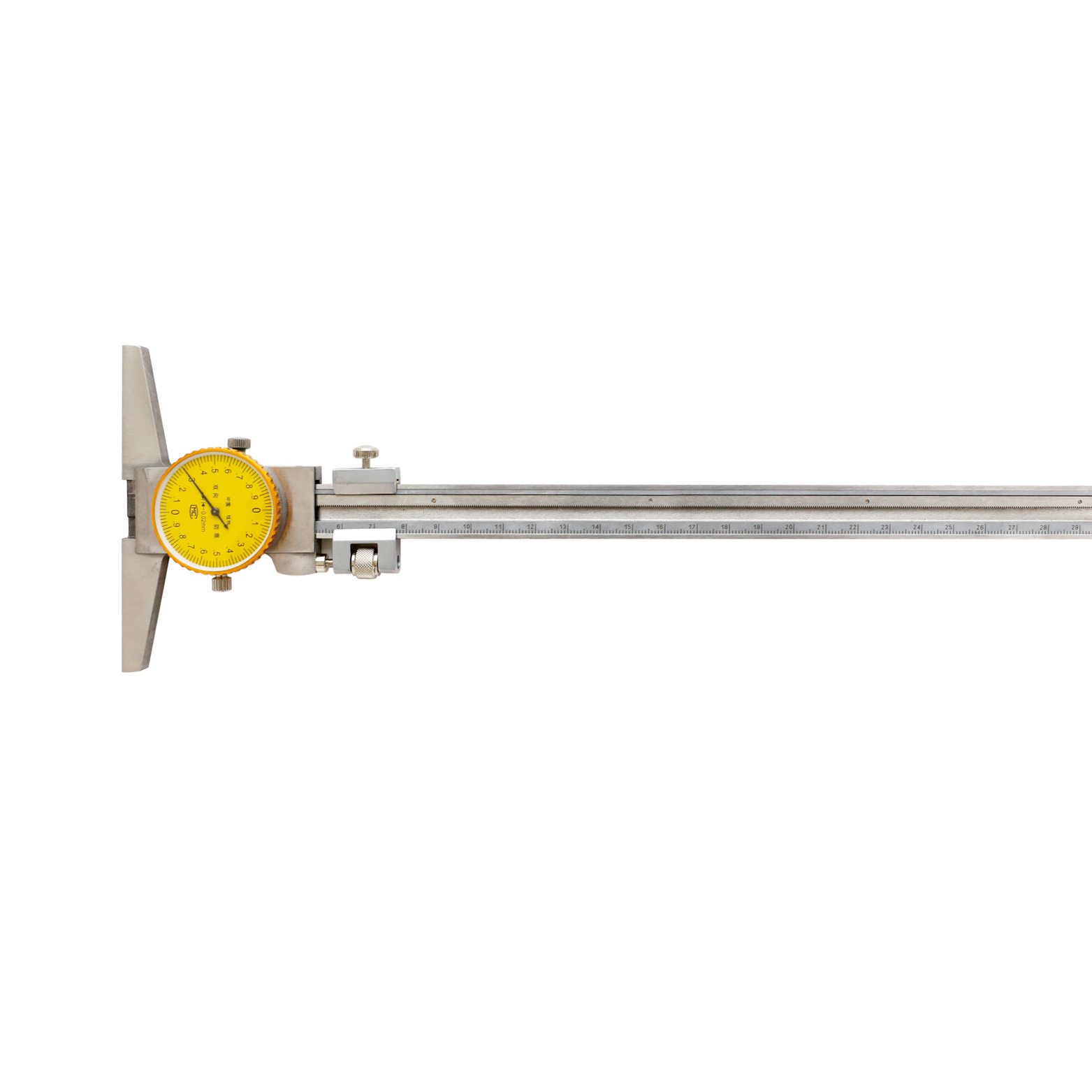 Dial Depth Gauge With Stainless Steel For Industrial Type
Dial Depth Gauge With Stainless Steel For Industrial Type -
 Straight Shank ER Collet Chuck Holders With Extending Rod
Straight Shank ER Collet Chuck Holders With Extending Rod -
 Digital Indicator – Precision Type, Inch/Metric, Industrial Grade
Digital Indicator – Precision Type, Inch/Metric, Industrial Grade -
 Type G Arc Pointed Tree Tungsten Carbide Rotary Burr
Type G Arc Pointed Tree Tungsten Carbide Rotary Burr -
 Vernier Height Gauge With Magnifier With Adjustable Main Bean
Vernier Height Gauge With Magnifier With Adjustable Main Bean -
 Type H Flame Tungsten Carbide Rotary Burr
Type H Flame Tungsten Carbide Rotary Burr -
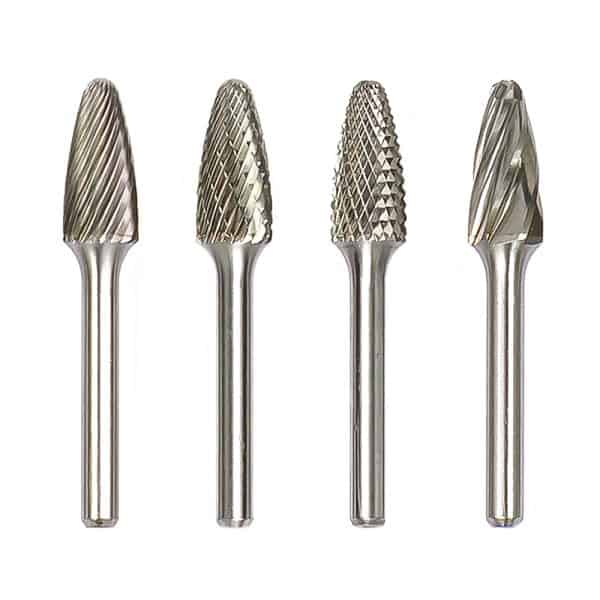 Type F Ball Nose Tree Tungsten Carbide Rotary Burr
Type F Ball Nose Tree Tungsten Carbide Rotary Burr -
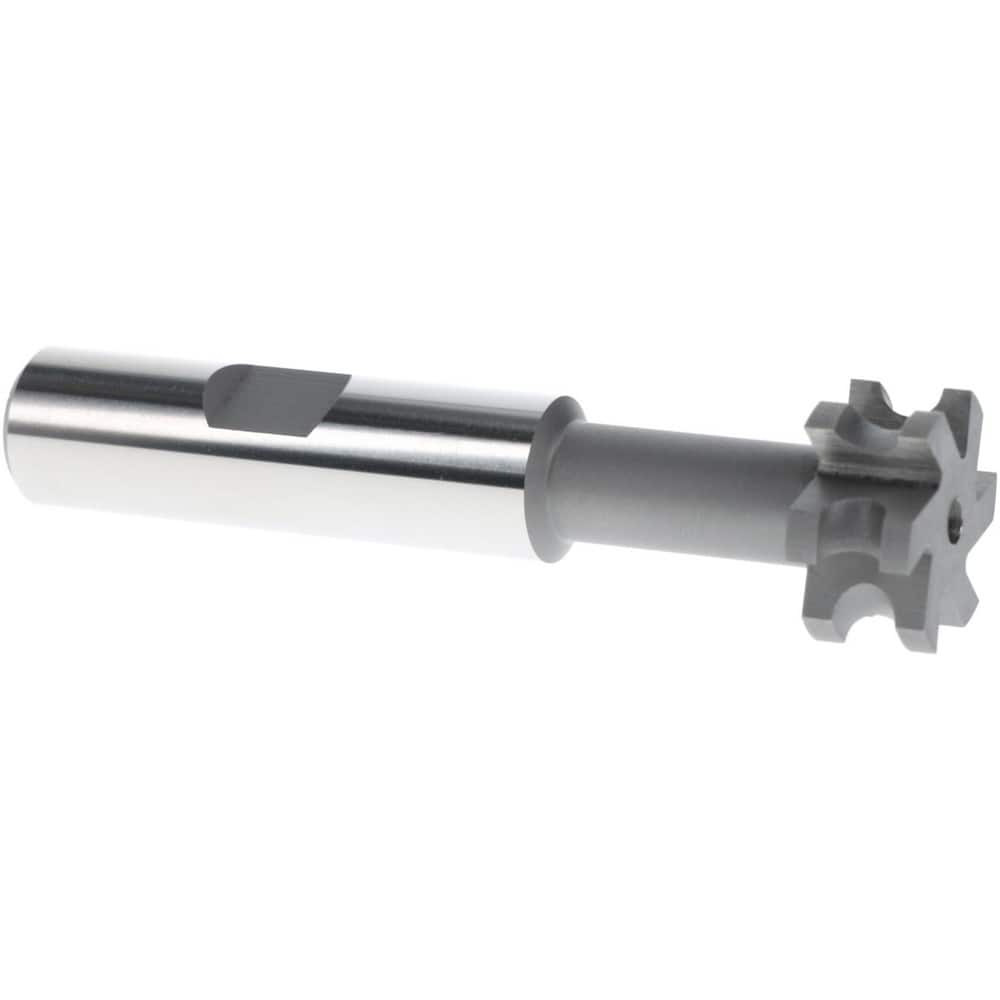 HSS Inch Concave Milling Cutter For Industrial
HSS Inch Concave Milling Cutter For Industrial



